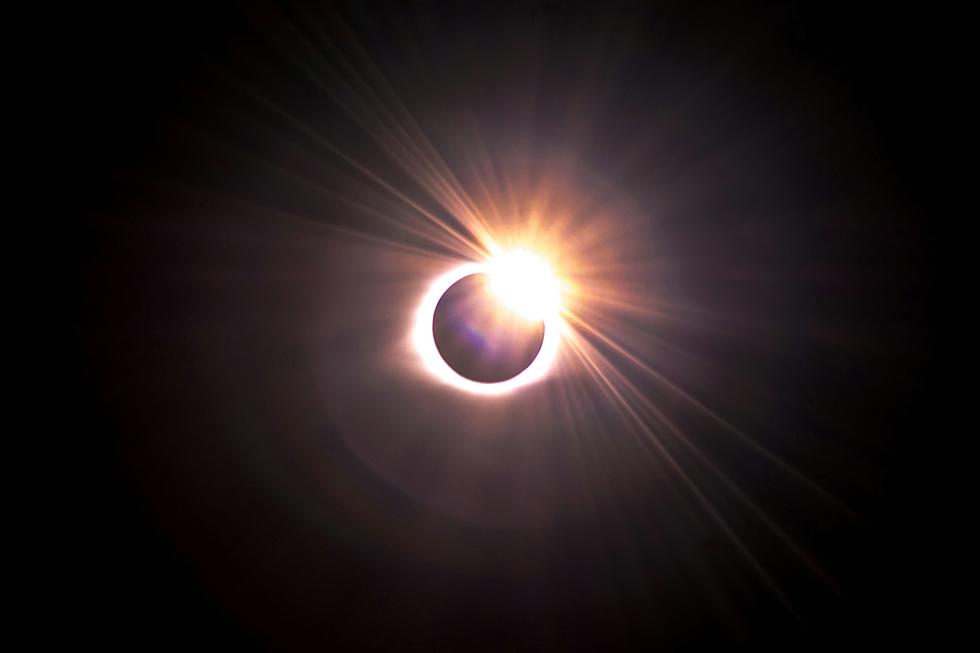
Michigan Swaps Toledo for Upper Peninsula On This Day in 1836
I think we can all agree that Michigan came out ahead in that trade!
The official motto of the Great Lakes State is, "Si quaeris peninsulam amoenam circumspice." Translated from Latin it means, "If you seek a pleasant peninsula, look about you."

Throughout my time living in states like Nebraska and Missouri, I was surprised to learn just how many Americans had no idea that Michigan is shaped exactly like a mitten! I was also surprised to learn how many Americans mistakenly assume Michigan's Upper Peninsula is just an extension of Wisconsin-- wrong!
How Did Michigan Become Michigan?
It was on December 14, 1836, that the Toledo War unofficially ended. An almost bloodless battle over boundary disputes that was also referred to as the Michigan-Ohio War, experts claim poor geographical understanding of the Great Lakes led to both states laying claim to what was known as the Toledo Strip.
After agreeing to let Toledo permanently become a part of Ohio, Michigan was given the heavily wooded and "worthless" Upper Peninsula. At the time the U.P. was considered good for fur trapping and not much else. Joke's on Ohio! According to Wikipedia,
the discovery of copper... and iron...in the 1840s led to a mining boom that lasted long into the 20th century. Michigan's loss of 1,100 square miles of agricultural land and the port of Toledo was offset by the gain of 9,000 square miles of timber and ore-rich land
The Lost Peninsula
Despite fierce border negotiations, there were about 250 acres of land between Michigan and Ohio that somehow slipped through the cracks. Known as the Lost Peninsula, the 140 Michiganders who live there must first travel south through parts of Ohio before heading north to cross back into Michigan.
Oddly enough, Lost Peninsula residents have water and sewer access provided by the City of Toledo, but many of their children attend Michigan schools. How bizarre!
At the end of the day, I think we Michiganders would agree the fight was worth it. The U.P. is half of our identity; what would we do without it?
Don't Call Yourself A Yooper Unless You've Been To These Michigan Upper Peninsula Places
Abandoned College Library, Toledo Ohio
More From 100.5 FM The River









